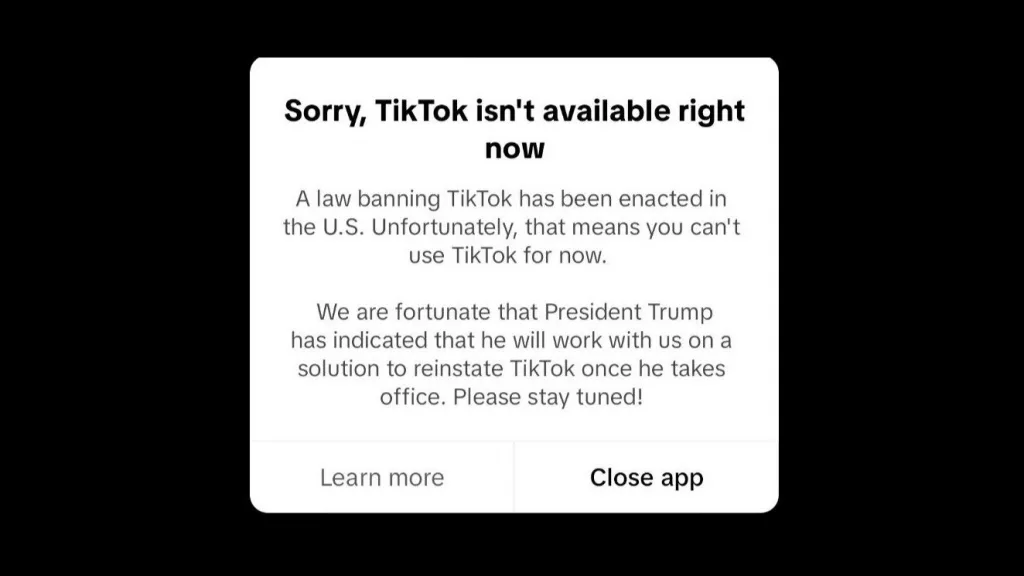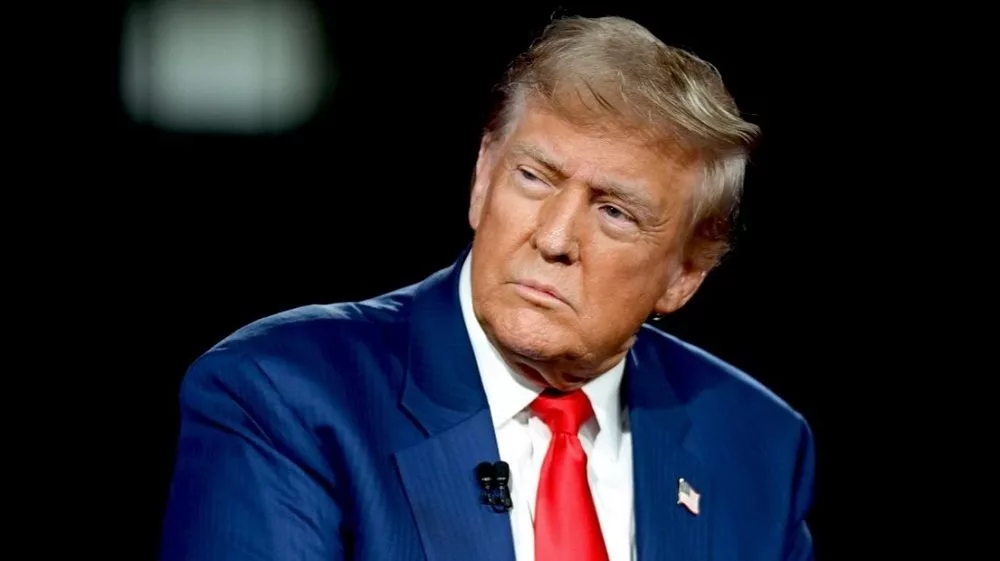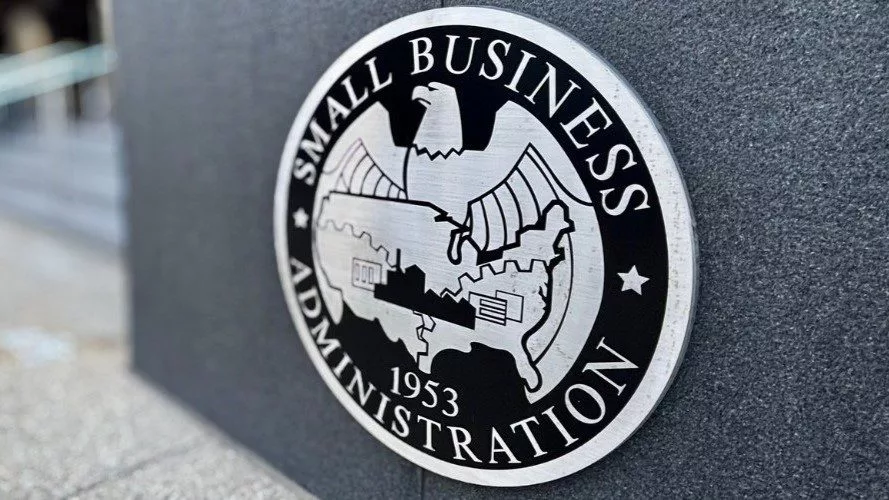This story first appeared on rferl.org.
(Washington, D.C.) TikTok, owned by the Chinese company ByteDance, went offline in the United States shortly before a federal ban took effect on January 19.
What happens next will have major repercussions for the global technology competition between China and the United States and could set the tone for incoming U.S. President Donald Trump’s relationship with Beijing.
The popular video platform is China’s first global app and has outperformed U.S.-owned rivals such as Instagram, Facebook, and X.
The issue of Chinese ownership is what put TikTok in the crosshairs of the U.S. Congress, which passed a law in April 2024 over national security concerns, including the spread of misinformation and espionage. The law called for ByteDance to sell the app by January 19 or face a ban. It chose the latter.
TikTok is the international version of ByteDance’s Douyin, which serves markets in Hong Kong and China and adheres to Beijing’s strict censorship apparatus.
While also a successful business, its popularity and influence has been a global boost for Beijing. ByteDance’s unwillingness to divest ownership also shows both the value placed on its proprietary algorithm and on TikTok remaining a Chinese company.
What happens next will come down to Trump, who takes office on January 20. He has indicated that he is against the ban, after initially supporting the move. On January 17, he revealed that he had spoken to Chinese leader Xi Jinping and discussed TikTok, among other issues.
On January 18, Trump said that he would “most likely” give ByteDance a 90-day reprieve to sell to a non-Chinese buyer or face a permanent ban.
Hacking, Spying Concerns
All of this comes amid heightened tensions between Beijing and Washington, as well as rising concerns over Chinese espionage and hacking in the United States.
While critics of the ban say similar data and privacy concerns exist for U.S. social media platforms, the issue of Chinese ownership added a new dimension.
Cybersecurity firms have suggested that the app can collect user data beyond what content they view on TikTok, and China enacted a law in 2017 that compels Chinese nationals living abroad to cooperate with its intelligence apparatus.
Public examples of this are few, but in 2023, a British journalist had her data and location tracked by TikTok employees in China and the United States. U.S. court filings from a former ByteDance employee also outlined how the Chinese Communist Party accessed company data to spy on pro-democracy protesters in Hong Kong in 2018.
How Trump approaches a potential ban could be an early bellwether for how he will deal with relations with China and the type of dynamic he will develop with Xi.
Trump’s last presidential term from 2017 to 2021 was characterized by his tough line on China and the targeting of Chinese companies at home and abroad against the backdrop of a deepening technology race between Beijing and Washington.
The Wall Street Journal reported on January 18 that Trump wants to visit Xi in China in his first 100 days after taking office and has expressed an openness to negotiations with the Chinese leader.
Copyright (c)2024 RFE/RL, Inc. Used with the permission of Radio Free Europe/Radio Liberty





